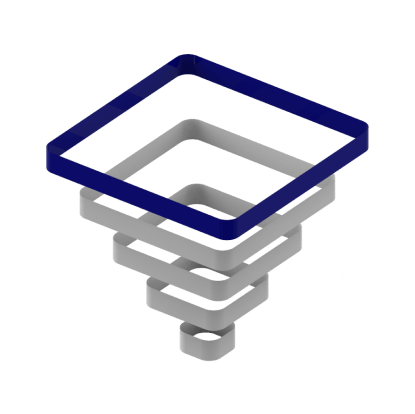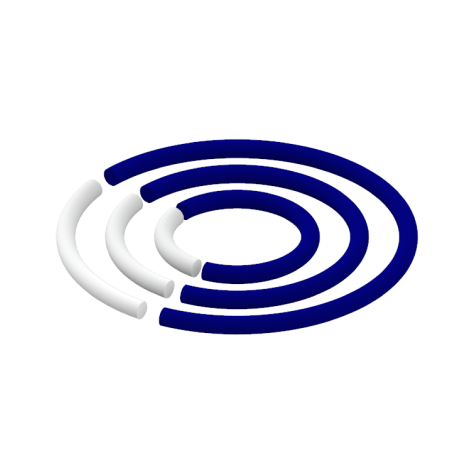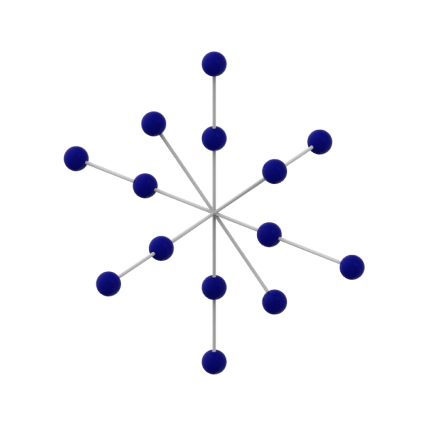- Ecosystem
- Actions
 Start-up mode® for Corporate InnovationCorporates collaborate with us to generate and operate new value propositions and attractive business models.
Start-up mode® for Corporate InnovationCorporates collaborate with us to generate and operate new value propositions and attractive business models. Deal flow and Customers acquisitionFor Corporates and Entrepreneurs to activate high value collaboration and investment opportunities
Deal flow and Customers acquisitionFor Corporates and Entrepreneurs to activate high value collaboration and investment opportunities
Financing
We offer unfair advantages to benefit from private and public financing opportunities

Open Innovation Calls
Benefit from our close collaboration with a network of private investors to support your growth.

Start-up mode®
Tap into our expertise to assist your team in creating new value propositions and product concepts.

Deal flow
Connect with leading organizations to activate collaboration and investment opportunities.

Private Financing
Benefit from our network of private investors with whom we work in close collaboration.

Open Innovation Calls
Benefit from our close collaboration with a network of private investors to support your growth.
- Company









